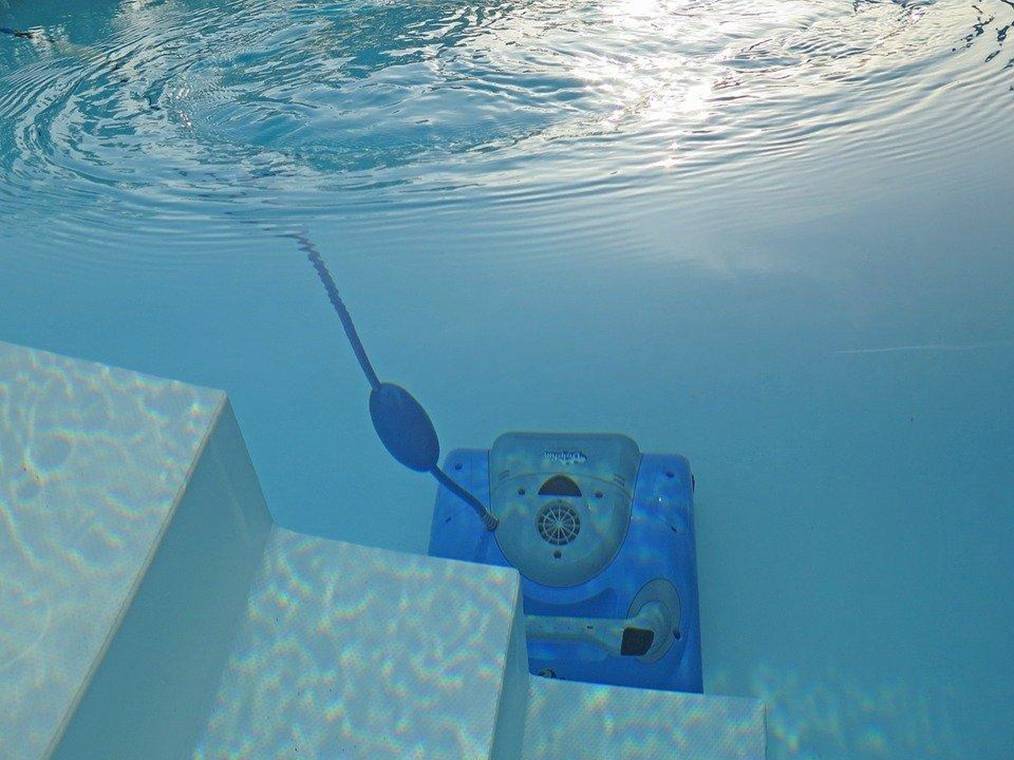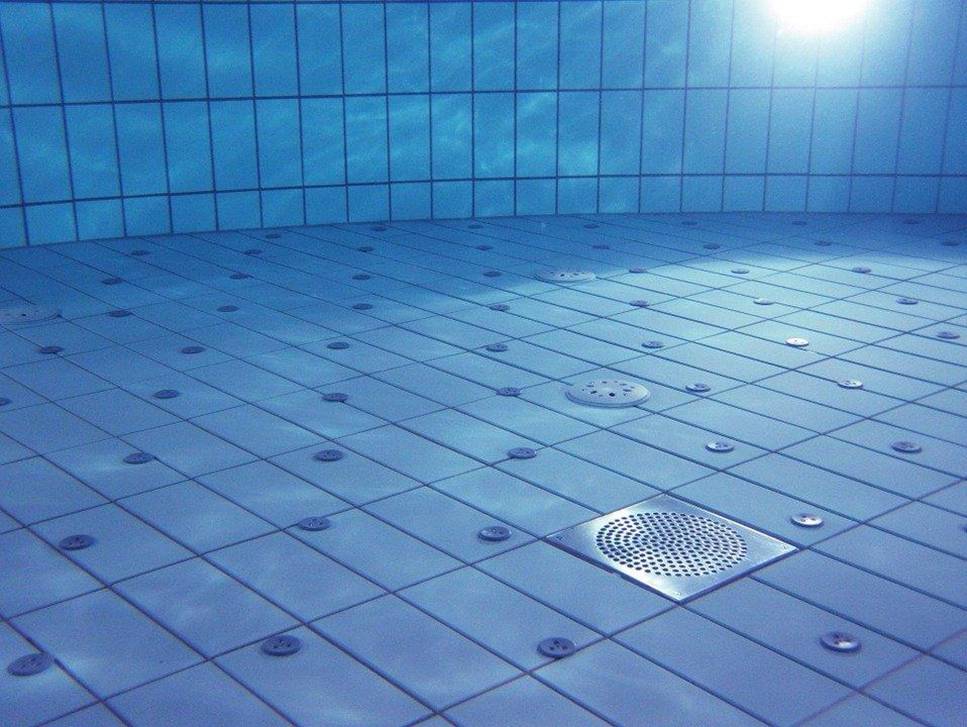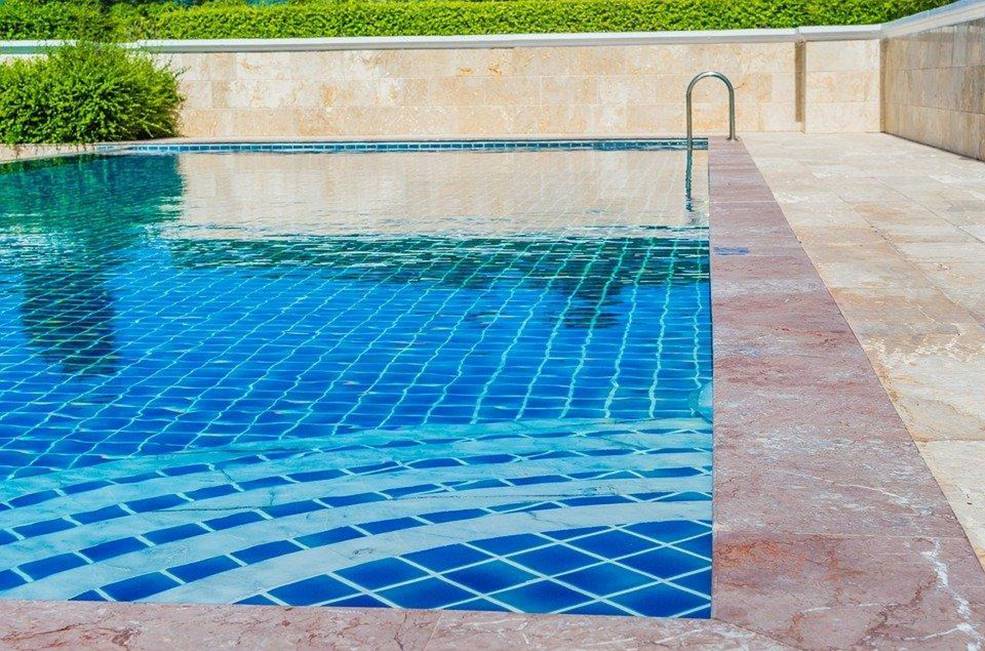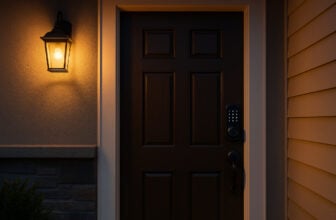The last thing most people associate with a swimming pool is work. And this is inclusive of homeowners who are dreaming of installing a swimming pool on their property. The visions that preoccupy their minds are usually images of fun times spent with friends and family playing in the water. Or summer days lazing around and sunbathing by the poolside.
But the fulfillment of these daydreams hinges on one very important factor: pool maintenance. Although pool maintenance is not a glamorous subject, it is what makes the swimming pool a luxurious addition to your property, explains Peak Residential in Rio Linda, CA. Without regular maintenance, the pool would be an eyesore and a source of illness and injuries to the people who use it or those who live next to it.
If a swimming pool has green water, broken filters, debris-ridden surfaces, and algae, no one would want to sit around it, speak less of playing in it. And this can easily happen to any swimming pool. But it can just as easily be prevented. To help you avoid it, we have created a list of the most important swimming pool maintenance tips every homeowner should know.
1. Skimming and scrubbing

Skimming the pool surface to remove debris before it becomes saturated with water and sinks to the pool bottom should be a daily task. Additionally, the sides of the pool need to be scrubbed with a pool brush once in two weeks to get rid of algae. An automatic vacuum can make cleaning the pool floor easier and more efficient.
2. Know your pool chemicals and how to use them
Pool chemicals help keep algae and bacteria from growing in the pool. They also keep the water pH balanced – between 60 and 120. The most important pool chemicals and measures of water chemistry are cyanuric acid (to protect swimming pool chlorine), free chlorine (to sanitize the water), calcium hardness, and total alkalinity.
3. Keep the pool filter clean
Pool water is constantly circulated through the pool filter to remove all foreign materials from it. But the pool filter is only as effective as it is clean. Depending on the weather in your area and how dirty the pool gets, the filter basket should be cleaned once a week. The filter pipes system should be cleaned monthly by “backwashing” them.
4. Shock the water when it is needed
Shocking is the act of drastically increasing the chlorine levels in the water above the normal level. This usually becomes necessary when the water gets cloudy or murky, which is a sign that bacteria is building up in the water. When shocking the pool water, chlorine levels may be raised 3-5 times above the normal level.
5. Watch your pool water levels

Swimming pool water level constantly fluctuates according to how much the pool is used and the weather conditions in your location. Keeping the pool water at the correct level is important if pool chemicals are going to stay effective. Water levels also affect the ability of the swimming pool equipment to keep the pool clean.
6. Get rid of oil with tennis balls
When people play in the water, they leave a variety of oils behind after they exit the pool. These include natural oils from their skin, hair oils, and oil from suntan lotion. These oils can float on the surface of the water and leave a slick sheen. A simple way to solve this problem is to throw tennis balls in the pool and leave them in until the hairs on the balls absorb the oils.
7. Power wash the pool deck
The area around the pool is often wet and prone to become ingrained with dirt. Over time, bacteria and algae also start to take hold in these areas. To return the pool deck to its original condition, power wash it on a schedule. This will also help to get rid of rust and stains and make the deck less slippery.
8. Monitor pool structures

In addition to checking for leaks in the plumbing, the pool walls need to be inspected for cracks occasionally. Signs of corrosion and rust should be dealt with immediately. The structures around the pool also need attention such as the pool fence, gates, alarm systems, and deck area.
9. Winterize to prevent damage
Winter presents several serious problems for swimming pools. Pools use water and water gets frozen in winter. Therefore, the pool and its equipment are liable to get damaged. The pool should be tested for the right chemical balance before it is covered up for winter. Pool plumbing should be emptied of water. Winterizing your pool helps prevent leaks and contamination.
10. Have the pool professionally serviced once a year
A swimming pool is composed of very diverse and highly complicated systems and equipment. As a homeowner, unless you are a pool maintenance professional, there is no way you can meet all the maintenance needs of the swimming pool. At least, once a year, the pool should be thoroughly checked by a professional and have its equipment serviced.
There you have it; important pool maintenance tips every homeowner needs to know.





